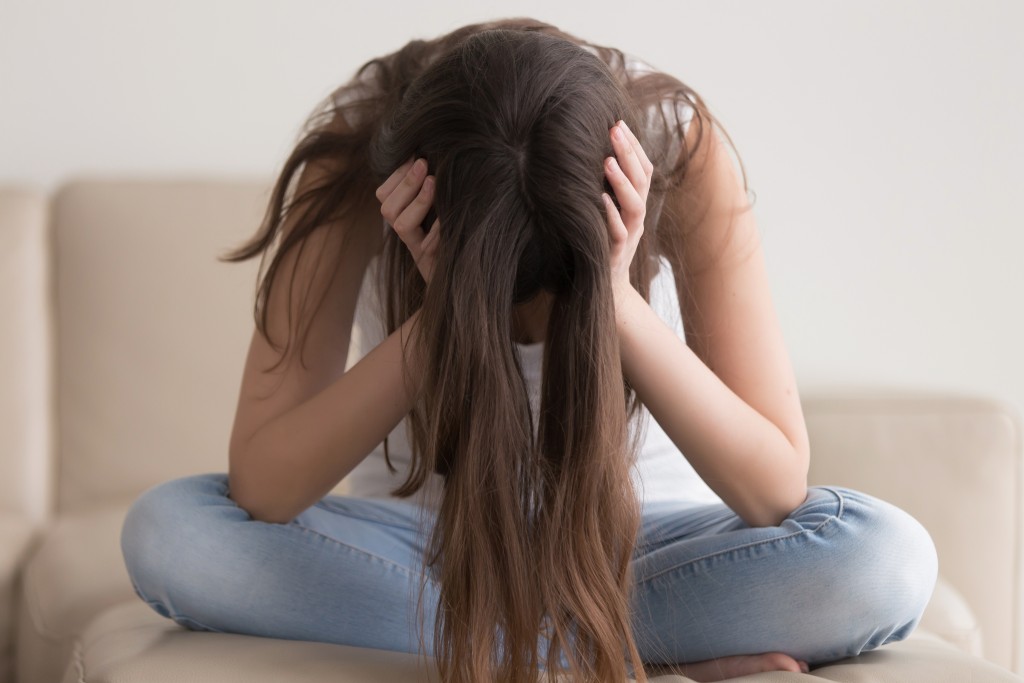Disclaimer: This website provides health information for educational purposes only and is not a substitute for professional medical advice, diagnosis, or treatment. Always seek the guidance of a qualified healthcare provider with any questions you may have.
Every ten seconds, a child suffers from abuse inside their household. This includes all children under 18 years old who are forced to deal with parental neglect, exposed to domestic violence and maltreatment, as well as physical, emotional, and psychological abuse.
Child abuse is an ongoing war that is happening all over the world. It’s one of the leading causes of child fatalities that takes the lives of five children every single day. Those who grow up inside abusive households will experience lifelong impacts on their health and overall well-being.
Recognizing the early signs of abuse is the first step to solving this global issue and preventing unnecessary deaths among children. Some are lucky enough to notice the signs and get the help they need to resolve their issues in family therapy before they get worse, but some aren’t as fortunate.
Spending years upon years in an abusive household can have detrimental effects on a person’s well-being. That manifests in their behavioral, psychological, physical, and emotional health as they grow up. Find out just how impactful abuse can be to a person’s entire well-being:
Behavioral Impact
People who suffered from child abuse in their formative years have a higher tendency to pass along this kind of behavior to their own families, particularly because they may not have been exposed to other ways of parenting.
They are also at a higher risk for initiating intimate partner and domestic violence, especially if they don’t get the help they need to cope with their accumulated trauma. This occurrence adds to the unresolved cycle of abuse and violence fostered through non-confrontation of what they may have suffered in childhood.
Adult survivors of child abuse are more likely to engage in criminal behaviors, end up in jail, drop out of school, or have a difficult time finding and keeping a full-time job. These might result from the maltreatment they have experienced at a young age, which could have impaired their early brain development.

Psychological Impact
People who suffered from child abuse are more likely to develop at least one psychological disorder as they grow older. It can be in the form of anxiety, depression, bipolar disorder, post-traumatic stress disorder (PTSD), eating disorders, and addiction to alcohol, drugs, or other substances.
Suffering through child abuse can damage a person’s mental health because they experienced traumatic situations when they were supposed to be nurtured and cared for. But because they were maltreated as children, the trauma may have caused serious impacts on their psychological well-being.
Adult survivors of sexual abuse are more prone to exhibiting high-risk sexual behaviors as well. These may lead to unintended and early pregnancies, induced abortions, sexually transmitted infections and diseases, or addiction to sexual intercourse as an unhealthy coping mechanism.
Physical Impact
People who suffered from child abuse are more likely to develop chronic or serious health conditions later on. Such conditions can include ischemic heart disease, chronic obstructive pulmonary disease, liver disease, and other health issues that can affect their quality of life.
They are also more prone to turning to unhealthy coping mechanisms such as alcohol, drug, or nicotine dependence to deal with their situation. This dependence can easily spiral out of control and become an addiction that child abuse survivors will have to battle for the rest of their lives.
Emotional Impact
People who suffered from child abuse are more likely to lack the emotional capacity needed to form close relationships in the future. They may have a harder time forming bonds with people who could have been a potential romantic partner or with other children, parents, and caregivers because of their past.
They can also have more difficulties expressing or feeling their emotions and controlling how they react to certain stimuli that can trigger their trauma. Adult survivors of child abuse show lower confidence and self-esteem levels and are more prone to developing anger problems.
These impacts on their emotional well-being can make it hard for them to create and maintain healthy relationships with potential partners, friends, or even coworkers, all of which are needed to have a semblance of normalcy and good quality of life.
This is the result of suffering from abuse at the hands of family members and caregivers. Many children have already been saved from this dreadful fate when they were taken into custody by Child Protective Services. Still, there are so many others left to fend for themselves until they are old enough to leave the abusive households. This is the reality that some face and others don’t know about.




